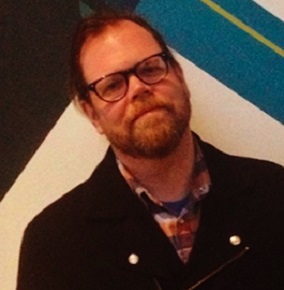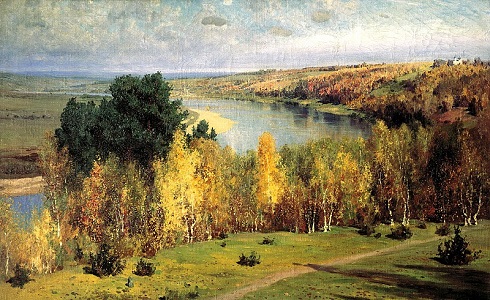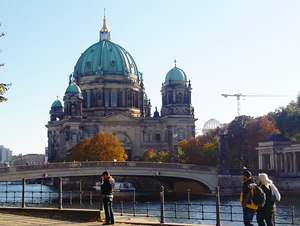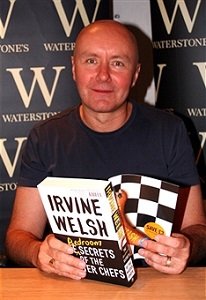De Amerikaanse dichter en letterkundige Nate Pritts werd geboren in Syracuse, New York, op 27 september 1974. Pritts behaalde een PhD in schrijven met een specialisatie in de Britse romantiek aan de Universiteit van Louisiana, een Master of Fine Arts in Poetry aan het Warren Wilson College, en een bachelordiploma in Engels en film aan de State University of New York. Dr. Pritts heeft aan alle leeftijden les gegeven met behulp van verschillende methoden, waaronder Blackboard, Moodle en Desire2Learn, eCollege en Canvas. Hij vindt het leuk hoe online leren de kruising van creativiteit en technologie mogelijk maakt. Pritts is ook de auteur van acht poëziebundels, waaronder “The Wonderfull Yeare”, “Post Human” en “Decoherence”,waarvoor hij de 42 Miles Press Poetry Award ontving. Zijn creatieve werk en essays over creativiteit, onderwijs en leren zijn gepubliceerd in American Poetry Review, Poets & Writers, Writers Digest en op vele andere plaatsen.
We’re making mistakes together
Forget all your dreams since they’re forgetting
about you. They pretend that you’re capable,
or better than you are. You wake up much worse-
wrecked in the morning with birds in that light.
That light promises a whole new landscape but
don’t believe it! Hold tight to the failures that fill up
your outline like a cloud silhouette made out of anger.
Stacks of paper were shuffled & machine-mangled
while you slept through the mist. Find the lost page
that fits in, that helps it make sense: a signature
needed or else the parcel rejected. Let me sing
a few more of these ruins to you. The starting
is over & we’re both living still. Stand up
if you can because I’m talking to you & the whispers
assail my affections again. Look: even things that evade me
still lodge in my cosmos & the stars that I’m thinking
shoot themselves out. Here’s where I write another
line about galaxies because it’ll sound like I’ve got science
to back me up. I’ll use the word orbit but maybe mean
plunge then I’ll talk about heaven & mean something less.
My circling degrades & leads me to you & we both
know better but seem not to care. Tell me when you hear
a reason to blare from my radio static.
My hope is a bare hope since it’s naked & fleeting.
Intentional Noise
In the kitchen my gypsy stew
comes together, any leftover vegetables
mingling, as the glass back door
fogs with heat. I can’t see
what’s happening out there
in the kitchen—the bread rising
& spreading. I obsess
about my decisions on certain days
but mostly act without worry.
I save the regret for later.
It’s probably only possible
to believe in something
the way I want to if you can’t see it.
The observable universe is full
of real but invisible force that helps
shunt light from source to destination,
to bang off something & into
something else. I roll over in the morning
to see Jenny so solidly sleeping
or sometimes only see her pillow
illuminated in actual absence
which is temporary.
Researchers point out
that you actually hear less
when the air is suffused with sound.

Nate Pritts (Syracuse, 27 september 1974)




